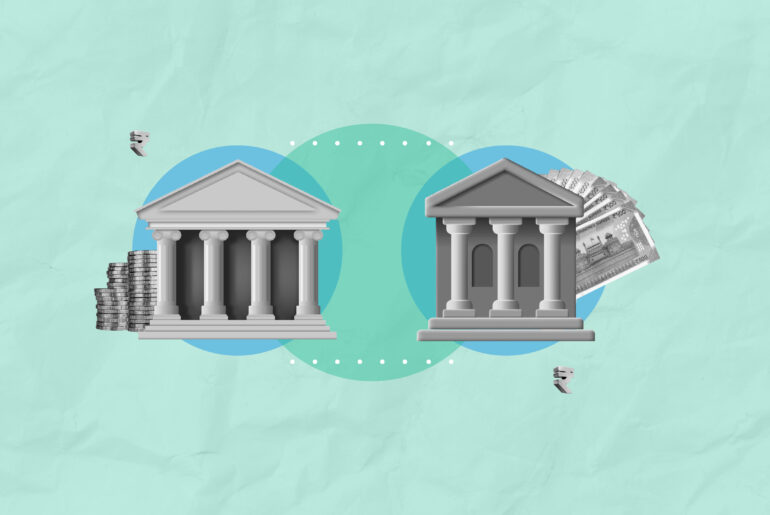Last Updated on Sep 13, 2022 by Aradhana Gotur
Union Road Transport and Highways Minister Nitin Gadkari announced that the government is working on developing electric highways powered by solar energy. The initiative will facilitate the charging of heavy-duty trucks and buses. We go deeper into the matter and see what the policy matters are and what the government plans to achieve in this sector.
Table of Contents
How big is the freight transportation sector?
The sector is growing rapidly to ensure more goods and products reach a rising number of end consumers. Currently, India transports approximately 4.6 bn tonnes of freight annually, generating a transport demand of 2.2 tn tonne-km at the cost of Rs. 9.5 lakh cr.
Projected growth: With urbanisation, population increase, the rise of e-commerce, and rising income levels, this demand is expected to increase to 9.6 tn tonne-km by 2050.
Mode of transport: Trucks carry the bulk of the goods, 70% of today’s domestic freight demand. Heavy and medium-duty trucks (HDTs and MDTs, respectively) are commonly used as road freight travel continues to grow, the number of trucks is expected to more than quadruple, from 4 mn in 2022 to roughly 17 mn trucks by 2050.
- Trucks travelling along key corridors typically cover over 2,000 km to reach their destination, travelling as many as 500 km per day.
Cost of transport: Using conventional trucks to meet growing demand would require spending over $1 tn cumulatively on crude oil imports for diesel production by 2050.
What is the solution?
Zero Emission Trucks (ZETs) may offer a solution to the problem. Apart from cutting down dependency on oil, they will reduce both air pollution and costs.
- They will enhance industrial competitiveness.
- They will support the citizens and the Indian economy in addition to helping meet climate targets.
Advantages of ZETs
- ZETs — including battery electric trucks (BETs) and fuel cell electric trucks (FCETs) — offer an alternative to diesel trucks.
- ZETs do not have emissions and have lower operating costs, are economically efficient and better for air quality, public health, and the environment.
Government plans
As part of the Union Budget 2022, the government announced plans to increase funding for charging infrastructure. It is also encouraging private players to develop innovative business models to increase the availability of charging.
About The Boring News Co.This news post has been contributed by The Boring News Co. which is a free daily email newsletter that gets you updated on the most important events across policy, business, international affairs, legal, and sports categories in under 5 minutes. They claim to deliver news with no sensationalism, gossip, political slugfests, or opinions – just the facts that matter in bullet points.
- Policy Roundup – Boosting Exports, Self-Reliance in Chips and Clean Energy - Sep 23, 2022
- National Logistics Policy – Why Now? - Sep 21, 2022
- Why Is Oyo Tapping the Capital Markets Now? - Sep 21, 2022





